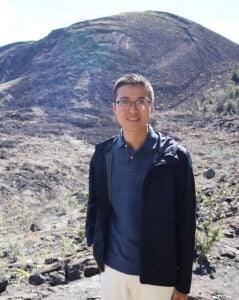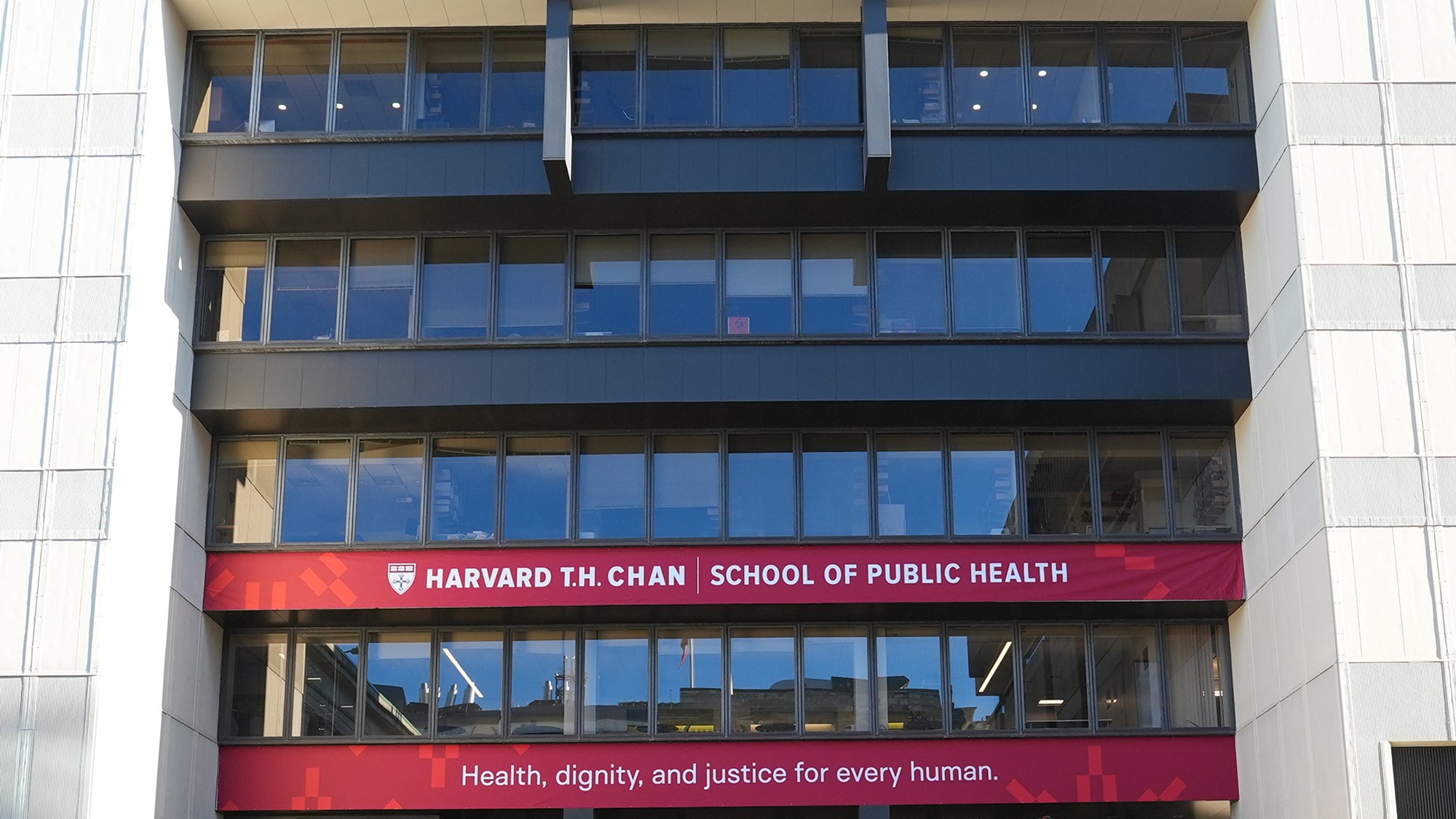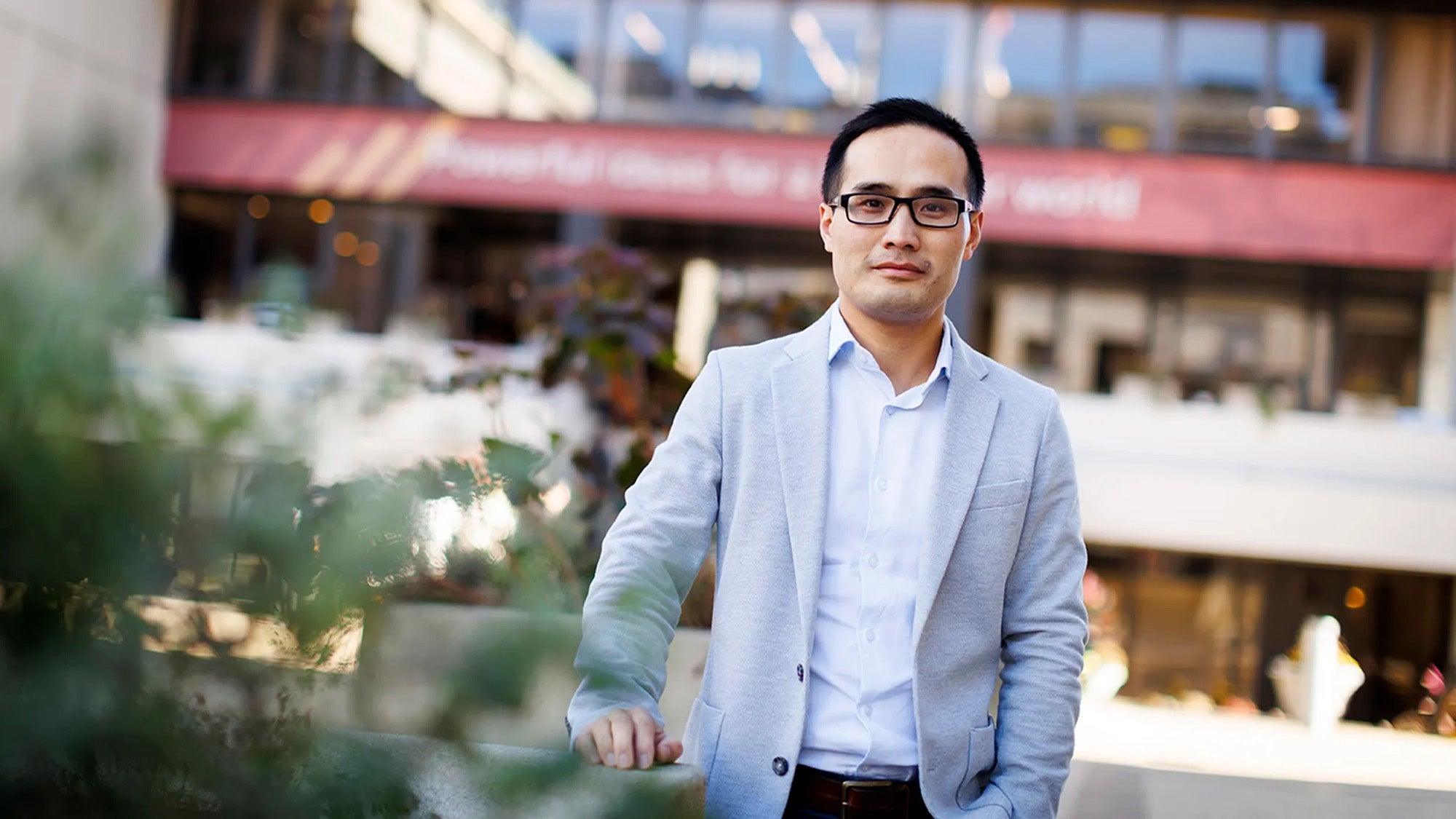Interview w. Assistant Professor Dr. Rong Ma
 Please help us continue to welcome and learn more about Dr. Rong Ma the newest member of the faculty who has joined the Department as Assistant Professor of Biostatistics. See what inspired him to study biostatistics, his plans for his time in the Department, and what he enjoys outside of work! Dr. Ma will start in the department on Tuesday, August 15.What led to your decision to join Harvard Biostats?To cite a few words from a friend who congratulated me on the Harvard Biostats offer: “Harvard Biostats is an environment with great colleagues and amazing resources for top-level research.” Moreover, joining Harvard Biostats is also a delightful event for my family – I am finally able to settle together with my wife in the same city.Where did you grow up? Can you point to something in your life that may have influenced your decision to study biostatistics? I grew up in Baoji, a middle-sized historical town in Shaanxi province of China, located at the Wei River valley on the north end of Qin Mountain. The city played an important role in early Chinese civilization, being the first political and cultural center of the Zhou dynasty (about 1046-256BC), and the homeland of the ancestors of the Qin dynasty (221-206BC). Since childhood, I developed a habit of reading that initially sprouted from history and gradually expanded to literature and philosophy. During high school, I became very interested in mathematics and physics and decided to study mathematics in college. My final determination toward statistics and biostatistics was shaped in part by my mentors and professors, such as Noureddine El Karoui, Hongzhe Li, Tony Cai, and David Donoho, as well as many of my cherished authors – Gadamer, Zhu Xi, Chen Yinke, Habermas, and Heidegger, whose work I constantly revisit. They taught me about the meaning of science, statistics, valuable research, and of being.What was your previous educational and work experience before joining the Department?I got my bachelor’s degree in statistics from Nankai University, China, in 2015, and then a master’s degree in statistics and data science from the University of Wisconsin at Madison in 2016. In 2021, I got my Ph.D. degree in biostatistics, with a minor in mathematics, from the University of Pennsylvania, where I was co-advised by Professors Hongzhe Li and T. Tony Cai. After that, I worked as a postdoctoral scholar in statistics for two years at Stanford University, hosted by Professor David Donoho.What do you enjoy most about your job so far and what research directions are you planning to pursue? I enjoy learning and understanding in general. I value the explanatory power of mathematical sciences but also cherish the hermeneutic depth of Geisteswissenschaften. I appreciate scholarship that has a panoramic view and synthetic power, with seemingly contrary capacities that are kept from disturbing or destroying one another. Biostatistics or biomedical data science, to me, is rooted in such an epistemological fusion of horizons, encompassing diverse ideas and methods from different fields such as mathematics, statistics, biology, and medicine. In the near future, I hope to undertake and concretize such a perspective of research, probably through and for a deeper understanding of random matrix theory, embedding theory, single-cell genomics, and multiomics.What do you enjoy outside of work?I enjoy and spend a lot of time reading and taking walks. Apart from that, I also enjoy music and art.
Please help us continue to welcome and learn more about Dr. Rong Ma the newest member of the faculty who has joined the Department as Assistant Professor of Biostatistics. See what inspired him to study biostatistics, his plans for his time in the Department, and what he enjoys outside of work! Dr. Ma will start in the department on Tuesday, August 15.What led to your decision to join Harvard Biostats?To cite a few words from a friend who congratulated me on the Harvard Biostats offer: “Harvard Biostats is an environment with great colleagues and amazing resources for top-level research.” Moreover, joining Harvard Biostats is also a delightful event for my family – I am finally able to settle together with my wife in the same city.Where did you grow up? Can you point to something in your life that may have influenced your decision to study biostatistics? I grew up in Baoji, a middle-sized historical town in Shaanxi province of China, located at the Wei River valley on the north end of Qin Mountain. The city played an important role in early Chinese civilization, being the first political and cultural center of the Zhou dynasty (about 1046-256BC), and the homeland of the ancestors of the Qin dynasty (221-206BC). Since childhood, I developed a habit of reading that initially sprouted from history and gradually expanded to literature and philosophy. During high school, I became very interested in mathematics and physics and decided to study mathematics in college. My final determination toward statistics and biostatistics was shaped in part by my mentors and professors, such as Noureddine El Karoui, Hongzhe Li, Tony Cai, and David Donoho, as well as many of my cherished authors – Gadamer, Zhu Xi, Chen Yinke, Habermas, and Heidegger, whose work I constantly revisit. They taught me about the meaning of science, statistics, valuable research, and of being.What was your previous educational and work experience before joining the Department?I got my bachelor’s degree in statistics from Nankai University, China, in 2015, and then a master’s degree in statistics and data science from the University of Wisconsin at Madison in 2016. In 2021, I got my Ph.D. degree in biostatistics, with a minor in mathematics, from the University of Pennsylvania, where I was co-advised by Professors Hongzhe Li and T. Tony Cai. After that, I worked as a postdoctoral scholar in statistics for two years at Stanford University, hosted by Professor David Donoho.What do you enjoy most about your job so far and what research directions are you planning to pursue? I enjoy learning and understanding in general. I value the explanatory power of mathematical sciences but also cherish the hermeneutic depth of Geisteswissenschaften. I appreciate scholarship that has a panoramic view and synthetic power, with seemingly contrary capacities that are kept from disturbing or destroying one another. Biostatistics or biomedical data science, to me, is rooted in such an epistemological fusion of horizons, encompassing diverse ideas and methods from different fields such as mathematics, statistics, biology, and medicine. In the near future, I hope to undertake and concretize such a perspective of research, probably through and for a deeper understanding of random matrix theory, embedding theory, single-cell genomics, and multiomics.What do you enjoy outside of work?I enjoy and spend a lot of time reading and taking walks. Apart from that, I also enjoy music and art.


